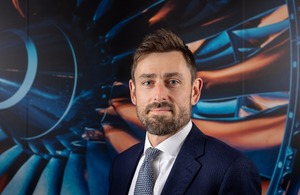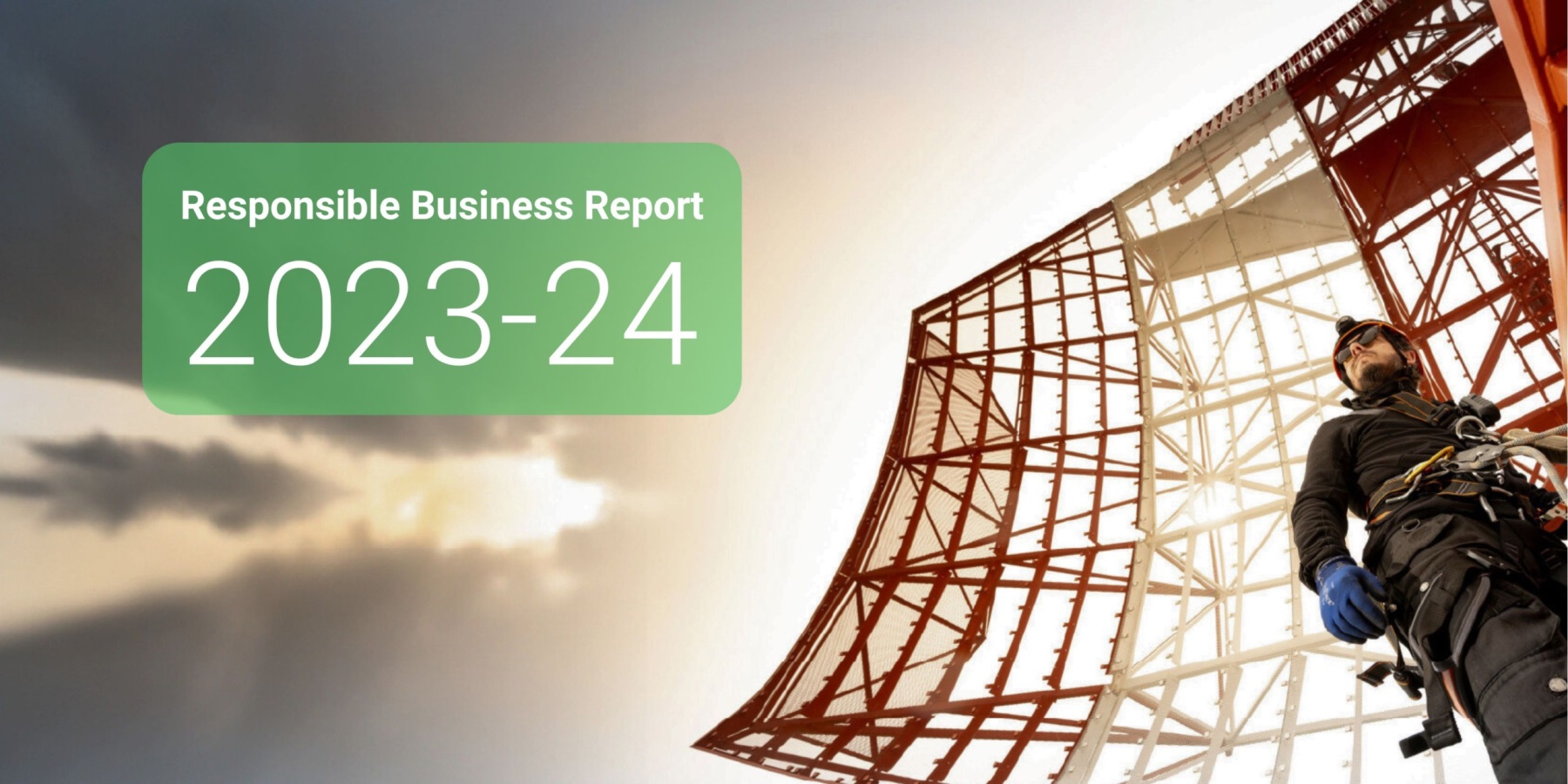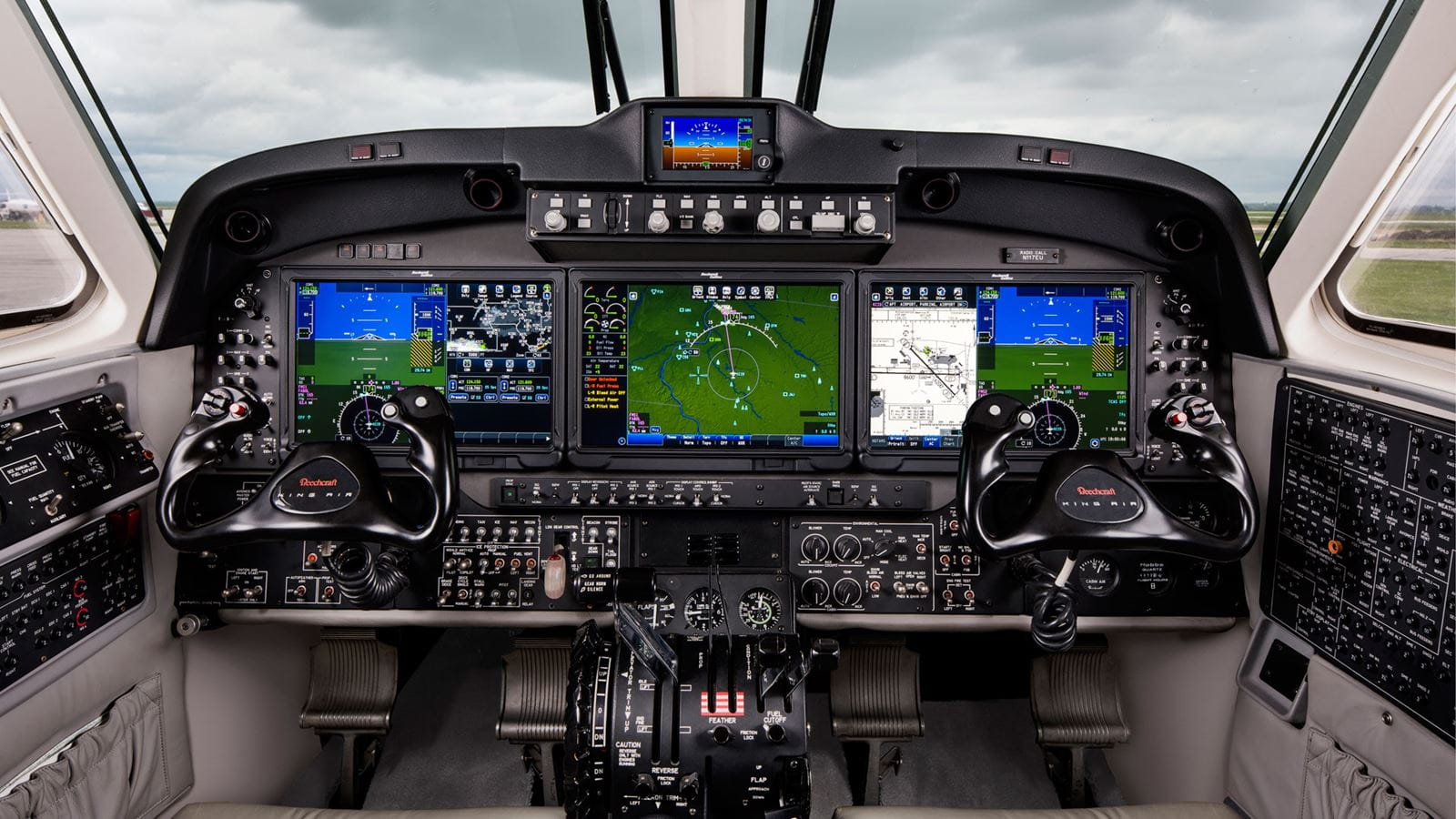Rolls-Royce engine for hybrid-electric flight completes successful first fuel burn

Image courtesy Rolls-Royce
The complete turbogenerator system is being developed for the Advanced Air Mobility (AAM) market. This includes electrical vertical take-off and landing (eVTOL) or electric short take-off and landing (eSTOL) aircraft for Urban Air Mobility (UAM) and commuter aircraft applications up to 19 seats. The gas turbine under test also has potential applications within helicopter, auxiliary power unit (APU) and defense markets.
Matheu Parr, Customer Director, Electrical, said: “Rolls-Royce is developing all-electric and hybrid-electric power and propulsion systems for the Advanced Air Mobility market. The first fuel burn of our brand-new small gas turbine is a significant leap forward with successful stages throughout the test from light-up to the pull-away of the system.“This significant achievement follows the fast-paced development time of the new gas turbine from concept freeze to ‘pass to test’ in under 2 years. The turbogenerator system will enable our customers to extend the routes that electric flight can support and means more passengers will be able to travel further on low and potentially net zero emissions aircraft.”
The turbogenerator system will complement Rolls-Royce’s electrical propulsion portfolio by delivering an on-board power source with scalable power offerings between 500 kW and 1,200 kW enabling extended range on sustainable aviation fuels and later, as it becomes available, through hydrogen combustion. This will open up new, longer routes than electric battery powered aircraft can support today.
The development of the turbogenerator solution brings together Rolls-Royce’s capabilities in designing compact and lightweight high-speed rotating electric machines, and highly efficient gas turbines combined with the expertise to integrate them on a system and platform level.
Test facilities and equipment, comprising 14 subsystems in total, were designed, procured and built – or adapted – by a global team in a record time of just under a year. The test set-up comprises commodity components such as valves and hoses, and bespoke subsystems such as the fuel injection systems, oil and ventilation systems, engine mount and water brake that were tailored to the specific test requirements for this new technology.
The first tests helped the team to develop highly relevant knowledge and generate real data to verify key technical attributes of the design. This will allow for design adaptations for the next set of testing, ultimately pushing towards the maturity of a certified engine with world-class performance for this new market segment.
Matheu added:“With this achievement we have proven we can apply our expertise to novel designs and are able to test them on a very quick timescale. This capability will help Rolls-Royce to deliver the products that will help us on our path to net zero within the ambitious industry timelines of the Advanced Air Mobility market.”
The turbogenerator can be used in serial or parallel hybrid applications. It is well suited to recharge batteries as well as provide energy to electrical propulsion units directly and therefore enables aircraft to switch between power sources in flight. The research and development of this technology is being partially funded by the German Ministry for Economic Affairs and Climate Action.
Rolls-Royce is developing complete power and propulsion systems for all-electric and hybrid-electric applications. Our portfolio features the latest technology, from power generation and energy storage via power electronics and control systems to electric motors.












